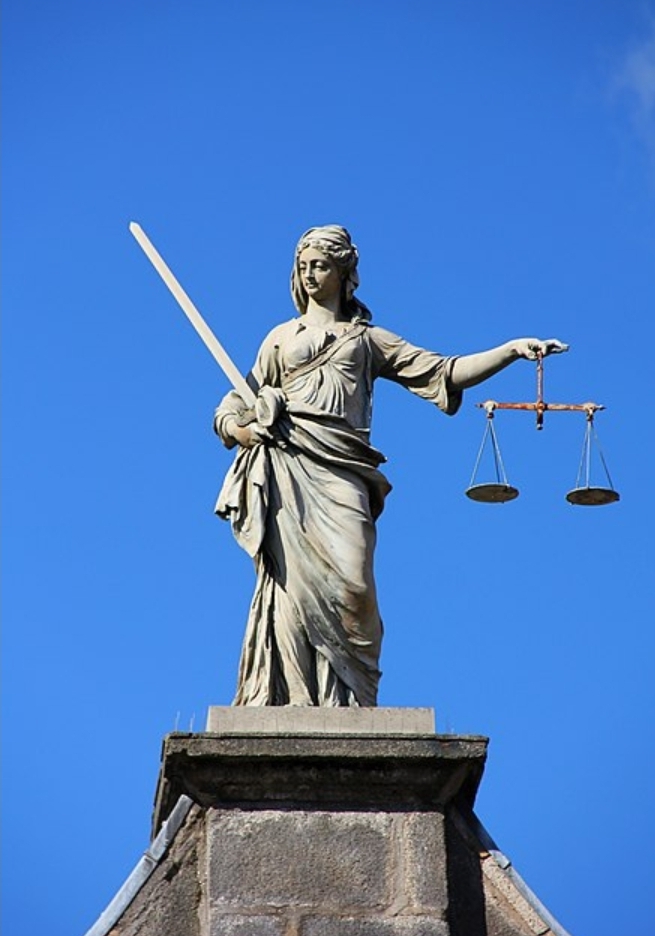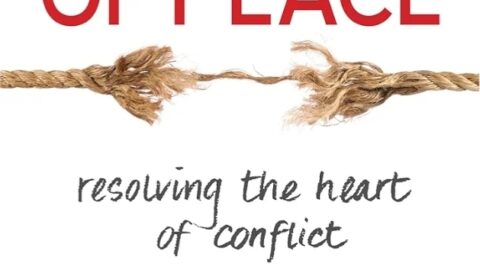Plato’s View on Justice: The First Virtue of Society
Plato, through Socrates in The Republic, defines justice as the harmonious structuring of society where everyone fulfills their appropriate role, ensuring the good of the whole. In Plato’s ideal society, justice is achieved when each individual and class (rulers, soldiers, and workers) performs their designated function without overstepping into roles that do not belong to them. Justice is not merely legal fairness; it is the principle of order and balance that underpins a well-functioning society.
Plato asserts that justice must be the foundation of any society, as it promotes both individual well-being and collective harmony. It serves as the first virtue because it encompasses fairness, responsibility, and the moral integrity needed for a stable, thriving community.
What is Justice?
The Marine Corps defines justice as fairness and consistency, emphasizing two key principles:
- Fairness: Treating all individuals equitably, without favoritism or prejudice.
- Consistency: Ensuring decisions and actions align with established standards and values over time, maintaining predictability and trust.
Justice, then, becomes not just about punishment but about upholding fairness in all dealings, ensuring everyone has equal opportunities, rights, and accountability.
“He Who Commits Injustice and Does Not Repent Is the Real Criminal”
Socrates, in his teachings, emphasizes the importance of repentance and accountability. According to him:
- Injustice Harms Both the Victim and the Perpetrator:
- Committing injustice is not only an external act but also a moral failing that corrupts the soul of the perpetrator.
- A person who commits injustice and does not repent becomes “criminal” in a deeper sense because they perpetuate their own moral decay.
- Repentance Restores Balance:
- Justice requires acknowledgment of wrongdoing and a sincere effort to make amends.
- Without repentance, the wrongdoer continues to harm society and themselves, as unresolved injustice undermines trust and order.
Justice in Action: The Marine Corps Perspective
The Marine Corps’ emphasis on fairness and consistency ties directly to the practical application of justice in leadership and teamwork. Justice in this context ensures:
- Equity in Leadership:
- Leaders are expected to treat all subordinates with fairness, avoiding favoritism and bias.
- Justice creates an environment of trust, where individuals feel valued and motivated.
- Consistency in Standards:
- Upholding rules and values uniformly ensures that justice is not situational or arbitrary.
- Consistent application of standards builds a cohesive and disciplined unit, where individuals understand expectations and consequences.
Justice as a Moral Imperative
Justice, as Plato and Socrates discuss, is a moral virtue that transcends societal rules. It is about creating harmony by aligning individual actions with the greater good. A just society:
- Promotes Fairness: Ensures opportunities and resources are distributed equitably.
- Demands Responsibility: Holds individuals accountable for their actions, promoting personal and collective integrity.
- Encourages Repentance: Recognizes that people make mistakes and values the act of taking responsibility and seeking to correct wrongs.
Lessons for Modern Society
- Justice as Fairness and Balance:
- Like Plato’s vision, justice today should aim to balance individual rights with the needs of society.
- This involves creating systems that ensure equality before the law, transparency, and accountability.
- Repentance and Growth:
- Justice is not solely punitive; it should aim to rehabilitate and reintegrate those who commit wrongs.
- A focus on repentance and reform can heal both individuals and society.
- Consistency in Application:
- Justice loses its meaning when it is applied unevenly. Consistent rules and their enforcement foster trust in institutions and relationships.
Conclusion: Justice as the Cornerstone of Society
Plato’s assertion that “justice is the first virtue of society” highlights its centrality to human flourishing. Justice is fairness and consistency in action, ensuring harmony and balance in both individual and collective contexts. By upholding justice, we build societies rooted in trust, equality, and moral integrity—principles that resonate from ancient philosophy to modern leadership ideals, including those of the Marine Corps.






